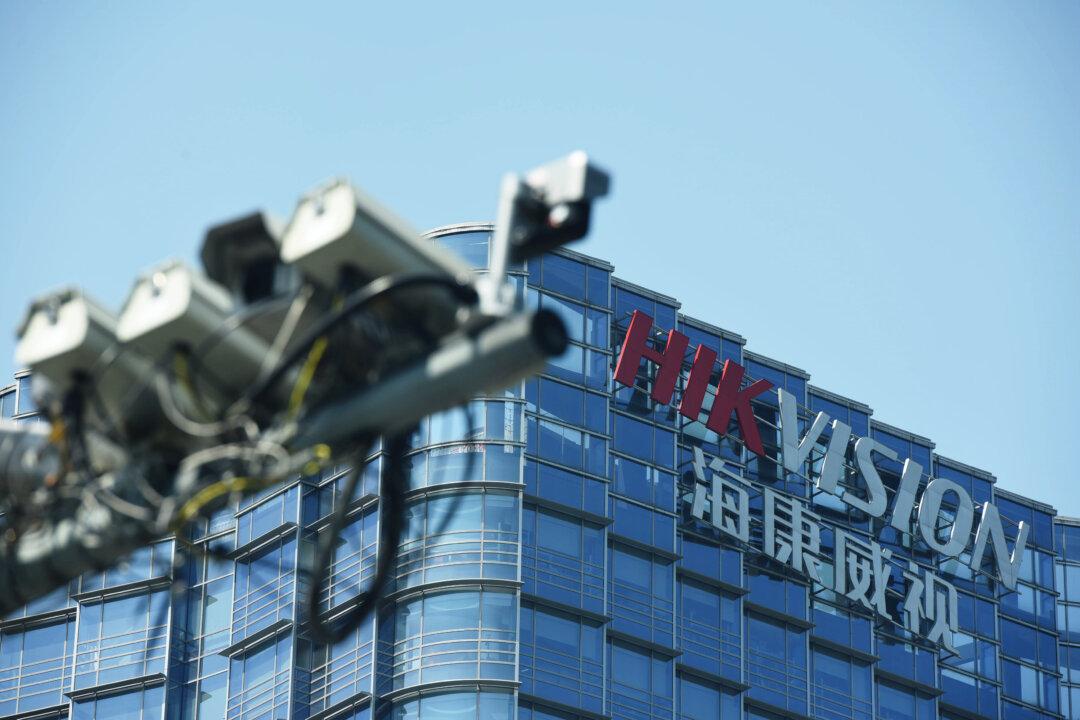WASHINGTON—The world’s largest camera manufacturer, Hikvision, which has come under increased scrutiny for its role in China’s human rights violations, is systematically hiding evidence about its operations, a new report reveals.
Hangzhou Hikvision Digital Technology, the company behind China’s mass surveillance system, continues to work on large-scale projects at its research and development (R&D) center in China’s western Xinjiang region, according to IPVM, a surveillance research firm.





